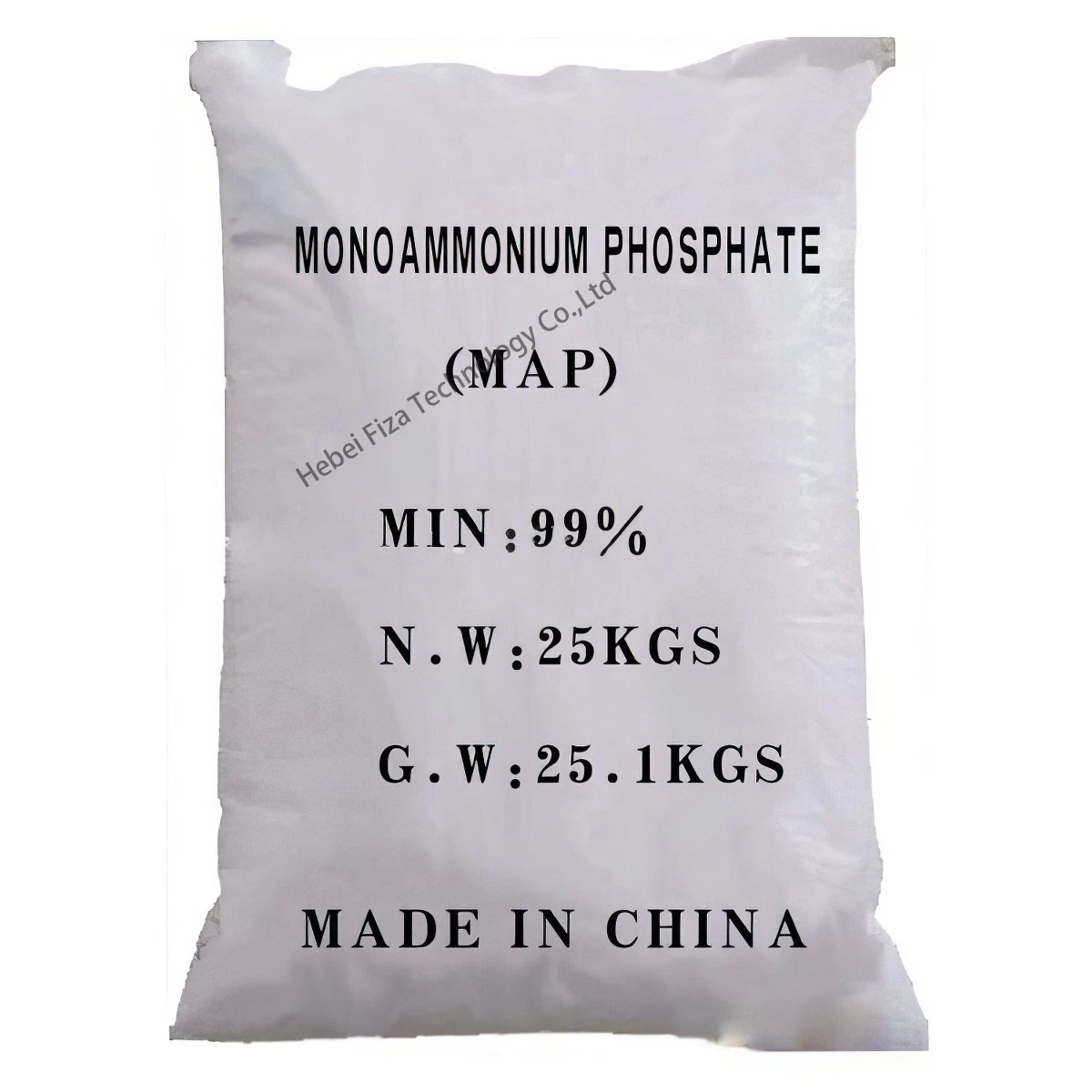



Understanding the Properties and Uses of Caustic Hydroxide in Various Industries
Understanding Caustic Hydroxide Properties, Uses, and Safety
Caustic hydroxide, commonly referred to as sodium hydroxide (NaOH) or potassium hydroxide (KOH), is a highly versatile and widely used chemical compound in various industries and laboratories. This article explores the properties, applications, and safety precautions related to caustic hydroxide.
Properties of Caustic Hydroxide
Caustic hydroxides are strong bases that readily dissociate in water to produce hydroxide ions (OH⁻) and cations (Na⁺ or K⁺ depending on the compound). This dissociation causes caustic hydroxides to have a high pH level, usually ranging from 12 to 14 in solution, which makes them highly alkaline. Both sodium hydroxide and potassium hydroxide are white solids at room temperature, and they are highly soluble in water, releasing substantial amounts of heat during dissolution, a phenomenon known as an exothermic reaction.
In terms of chemical reactivity, caustic hydroxides are known to react vigorously with acids, forming salts and water. They can also react with organic compounds, fats, and oils in a process called saponification, which is essential in soap production.
Industrial and Laboratory Applications
The applications of caustic hydroxide are extensive, spanning multiple industries
1. Chemical Manufacturing It is used in the production of various chemicals such as chlorine, sodium carbonate (soda ash), and various organic compounds. The ability to adjust pH levels makes caustic hydroxide a valuable substance in many chemical reactions.
2. Soap and Detergent Production In the saponification process, fats and oils react with sodium hydroxide to produce soap. This reaction is crucial for the manufacturing of both personal and industrial cleaning products.
caustic hydroxide

4. Water Treatment Caustic hydroxide is often employed in wastewater treatment facilities to neutralize acidic waste streams and adjust pH levels, making water safe for discharge or reuse.
5. Pulp and Paper Industry In the production of cellulose fibers, caustic sodium hydroxide is used to break down the lignin in wood, helping to produce high-quality paper products.
6. Batteries KOH is commonly used as an electrolyte in alkaline batteries due to its high ionic conductivity.
Safety Considerations
While caustic hydroxide has numerous benefits, it is also highly corrosive and can pose serious health risks if not handled properly. Exposure to sodium or potassium hydroxide can cause severe skin burns, eye damage, and respiratory issues if the dust or mist is inhaled. Therefore, safety precautions must be adhered to when working with these substances
- Personal Protective Equipment (PPE) Individuals should wear appropriate PPE, including gloves, goggles, and lab coats. In environments where exposure to fumes or vapors may occur, respiratory protection may also be necessary.
- Proper Handling and Storage Caustic hydroxides should be stored in a cool, dry place in tightly sealed containers to prevent moisture absorption, which can lead to dangerous reactions. Always ensure that work areas are well-ventilated.
- Emergency Procedures In the event of a spill, it is critical to follow proper procedures for cleanup, including neutralization with appropriate acids and careful disposal according to local regulations. Knowledge of first aid procedures, including rinsing the skin or eyes with water in case of contact, is essential.
Conclusion
Caustic hydroxides, such as sodium and potassium hydroxide, are vital chemicals in many industrial processes and laboratories. Their strong alkaline properties allow them to serve critical functions ranging from chemical manufacturing to food processing. However, understanding their potential hazards and adhering to strict safety protocols is paramount to prevent accidents and ensure safe operations. Through responsible usage and education, the advantages of caustic hydroxide can be harnessed effectively and safely.
-
Why Sodium Persulfate Is Everywhere NowNewsJul.07,2025
-
Why Polyacrylamide Is in High DemandNewsJul.07,2025
-
Understanding Paint Chemicals and Their ApplicationsNewsJul.07,2025
-
Smart Use Of Mining ChemicalsNewsJul.07,2025
-
Practical Uses of Potassium MonopersulfateNewsJul.07,2025
-
Agrochemicals In Real FarmingNewsJul.07,2025
-
Sodium Chlorite Hot UsesNewsJul.01,2025










